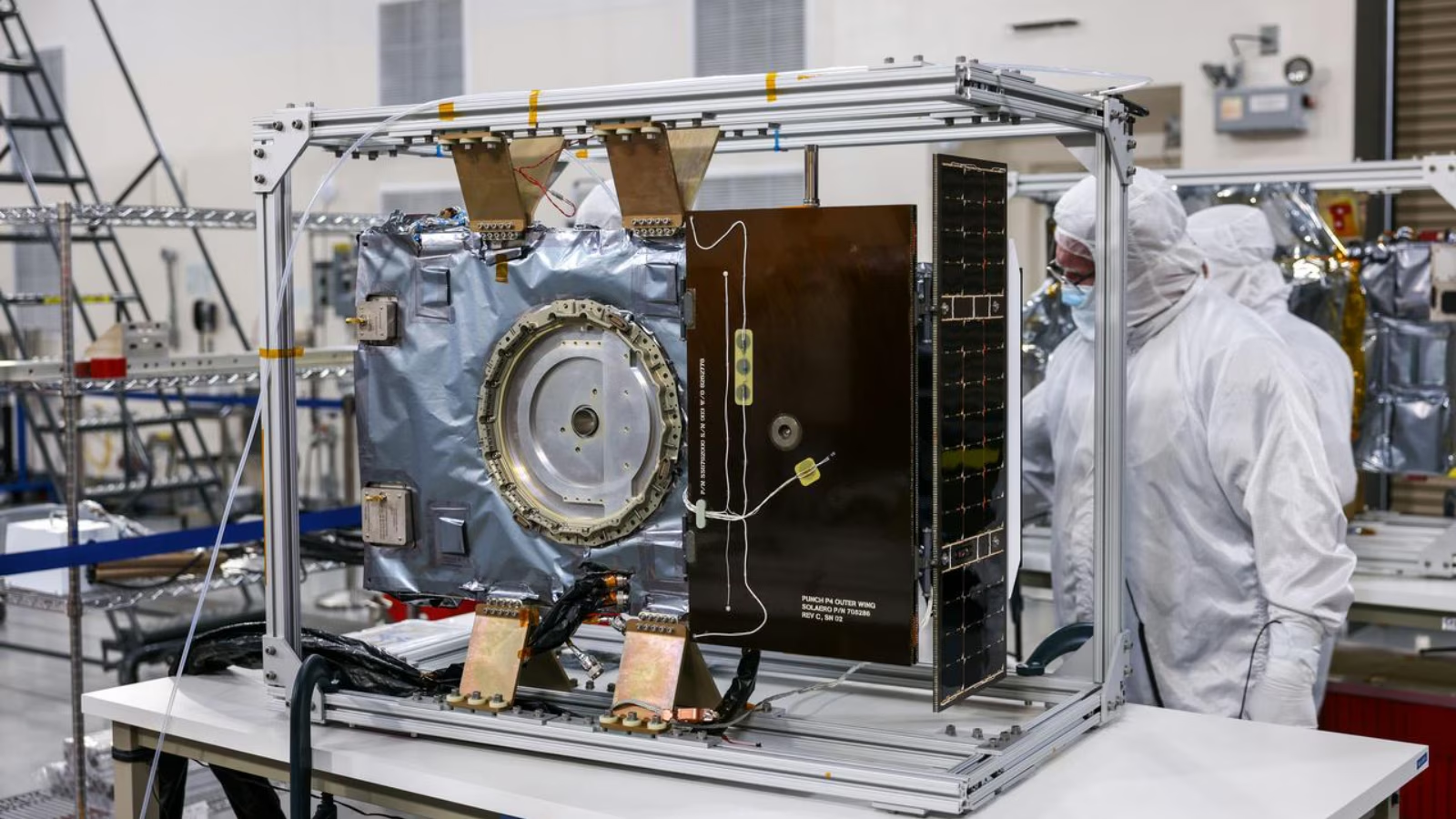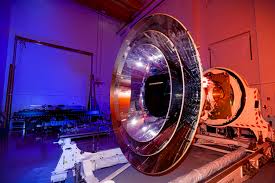- Courses
- GS Full Course 1 Year
- GS Full Course 2 Year
- GS Full Course 3 Year
- GS Full Course Till Selection
- CSAT
- 5 LAYERED ARJUNA Mentorship
- Public Administration Optional
- Online Program
- GS Recorded Course
- NCERT Batch
- Polity Module Course
- Geography Module Course
- Economy Module Course
- AMAC Module Course
- Modern India, Post Independence & World History Module Course
- Environment Module Course
- Governance Module Course
- Science & Tech. Module Course
- International Relations and Internal Security Module Course
- Disaster Management Module Course
- Ethics Module Course
- Essay Module Course
- Current Affairs Module Course
- ABOUT US
- OUR TOPPERS
- TEST SERIES
- FREE STUDY MATERIAL
- VIDEOS
- CONTACT US
Enforcement Directorate
Enforcement Directorate
23-01-2024
Context:
- Jharkhand Chief Minister Hemant Soren was questioned by the Enforcement Directorate for over 8 hours.
What is the Enforcement Directorate?
- It is an important law enforcement agency of Central government and not a statutory body.
- It was established in 1956 when it was named as an Enforcement Unit.
- In 1957, it was renamed as Directorate of Enforcement and was transferred from the Department of Economic Affairs to the Department of Revenue under the Ministry of Finance.
Which laws does ED enforce?
|
|
|
|
|
|
|
|
|
|
|
|
What is exactly done by ED?
- They conduct investigations related to foreign exchange-related cases and impose penalties for violations.
- They make sure that people obey the laws related to money laundering and foreign exchange.
- They can search and seize the properties of the accused.
- They can conduct their activities, investigations, and operations in any part of India.
What Supreme Court has said about ED?
- According to the Supreme Court, money laundering is as bad as terrorism. This makes the body like ED important.
- Also, the ED doesn't need to give an Enforcement Case Information Report (ECIR) in every case, which is usually the provision for FIR filed by police.
- If a person gives any statement before the police, it is not accepted by the court as evidence. But, any statement given to ED is accepted by the court.
- The power of seizing the property is upheld by the Court.
Why is ED criticised?
- Misuse of Power: ED is time and again accused of using their power for political gains. The ruling party interferes in the working of ED and uses it as a tool against the opposition party leaders. Its intervention in a selective manner raises this question.
- Lack of Transparency: Critics argue that there isn't enough transparency about how ED operates and this leads to less accountability of the institution.
- Low Conviction Rate: ED has registered more than 5000 cases since 2005, but less than 0.5% are convicted. This raises the question of whether the cases are false.
- Delayed Investigation: The investigation proceedings of ED take a very long time.
- Overlapping Jurisdiction: The functions and powers of ED overlap with the National Investigation Agency (NIA) and Central Bureau of Investigation (CBI).
What is the way forward?
- There is a need to recruit more staff in the ED to address the shortage of manpower.
- Also, the government can provide specialized training to ED, especially regarding advanced technologies such as artificial intelligence and machine learning for better surveillance.
- Modern IT infrastructure has to be provided to ED to deal with the challenges of cybercrimes. (Cybercrimes refer to criminal activities carried out using computers, networks, and digital technologies.)
- There is a need to codify the investigation procedures of ED and make all its functioning transparent.
- A mechanism has to be established to ensure the accountability of ED, such as making it compulsory to publish annual performance reports. Also, some internal mechanisms within the department or ministry can be created for accountability.
- The capacity of ED can be built by partnerships with International Organisations to improve its working.



